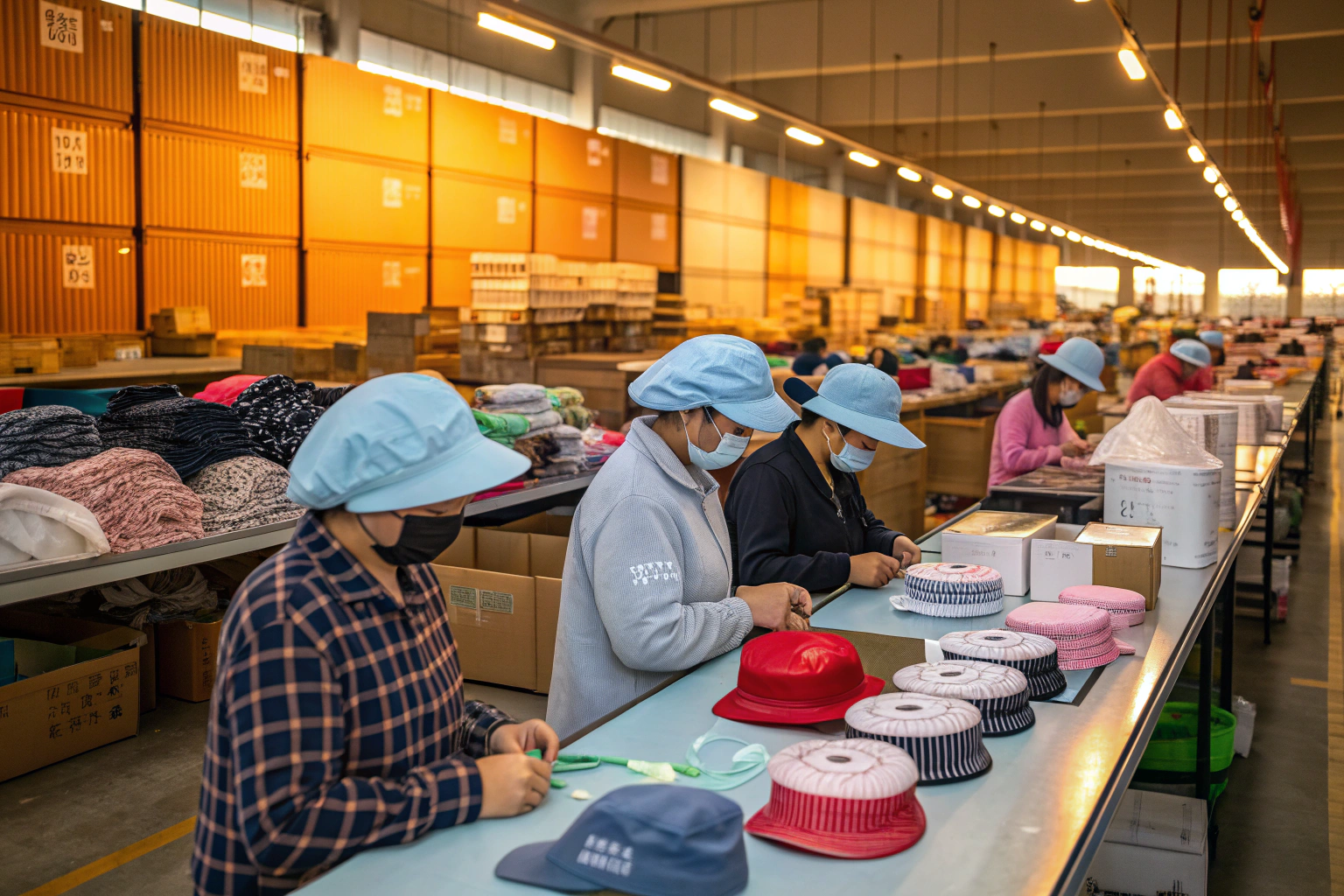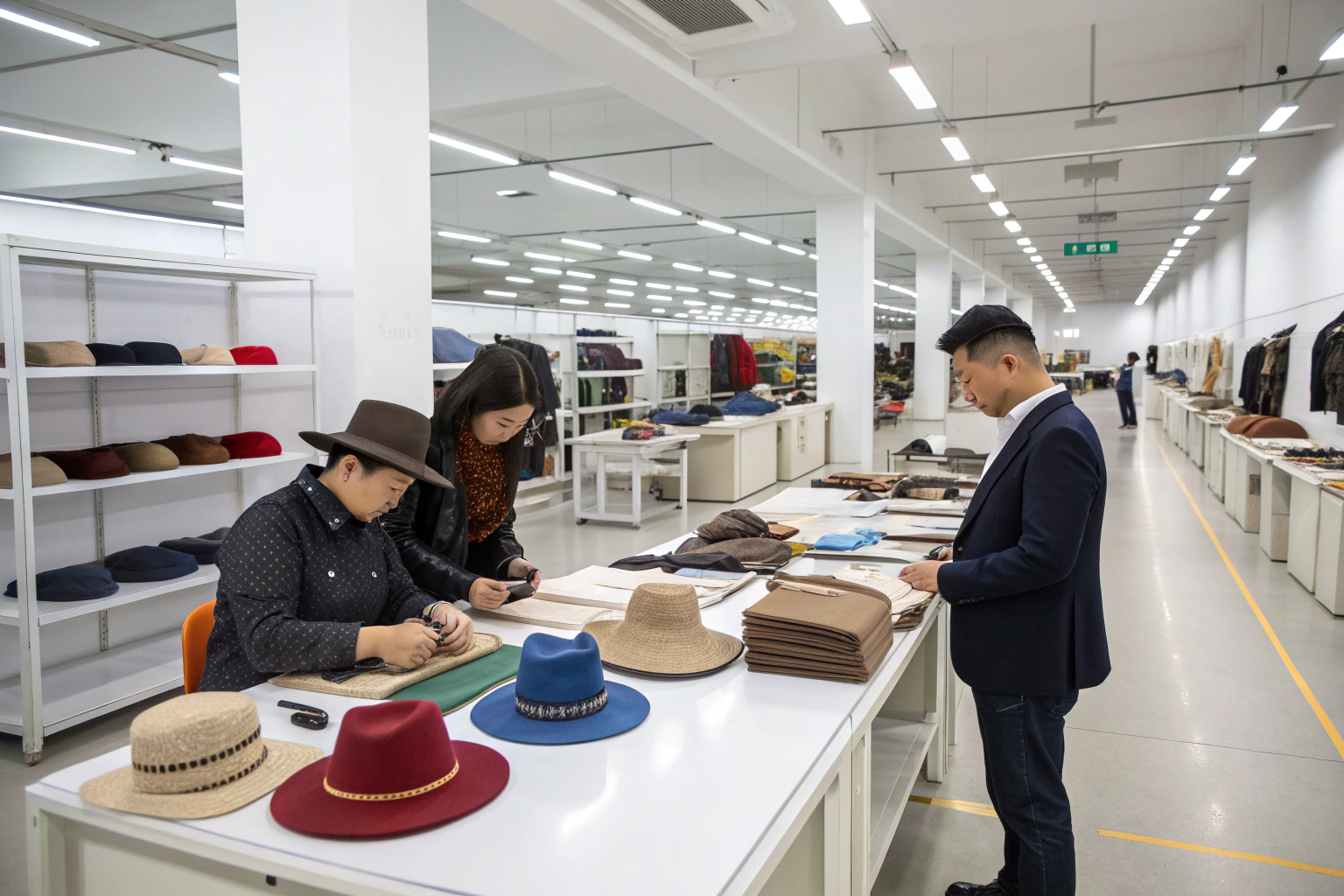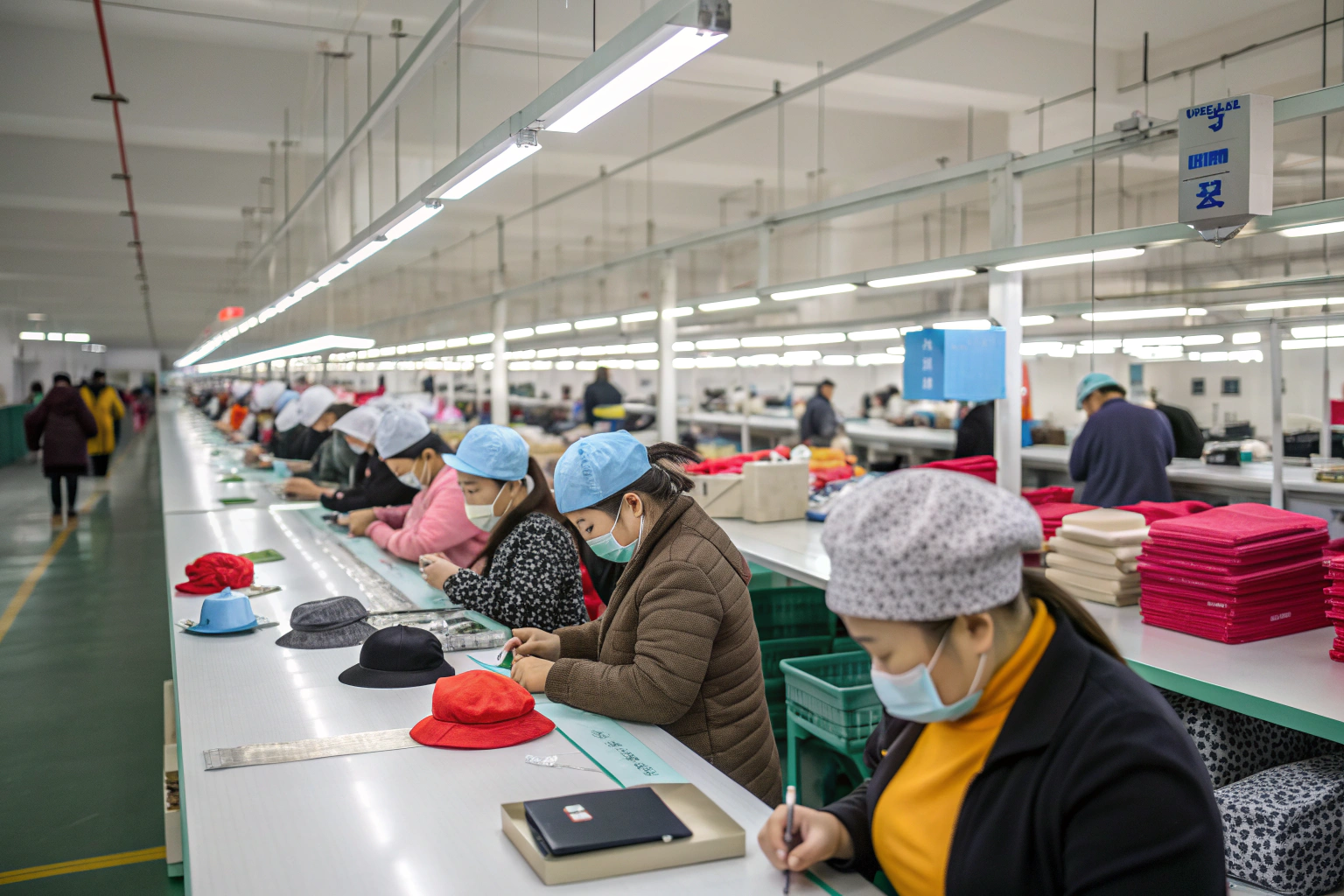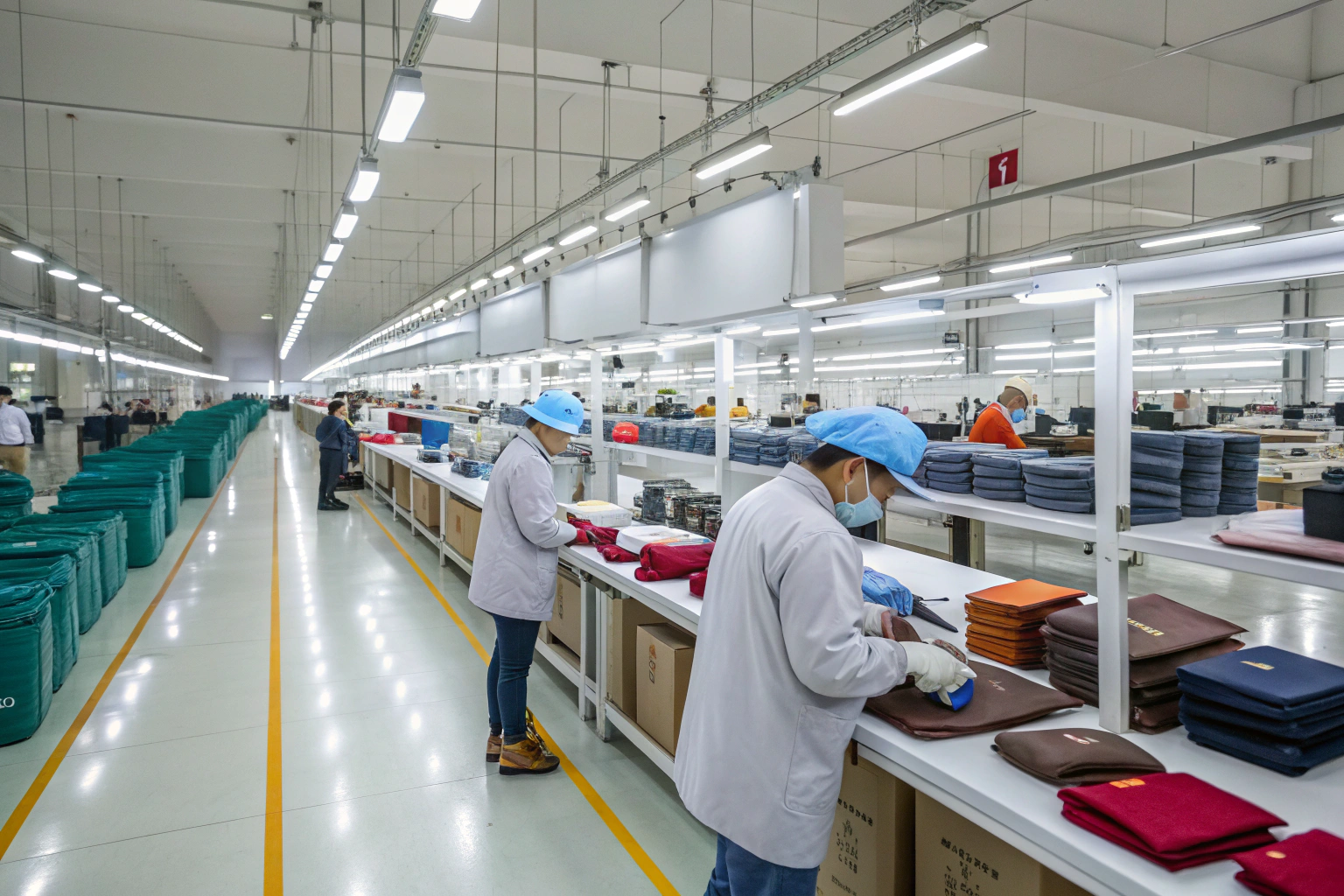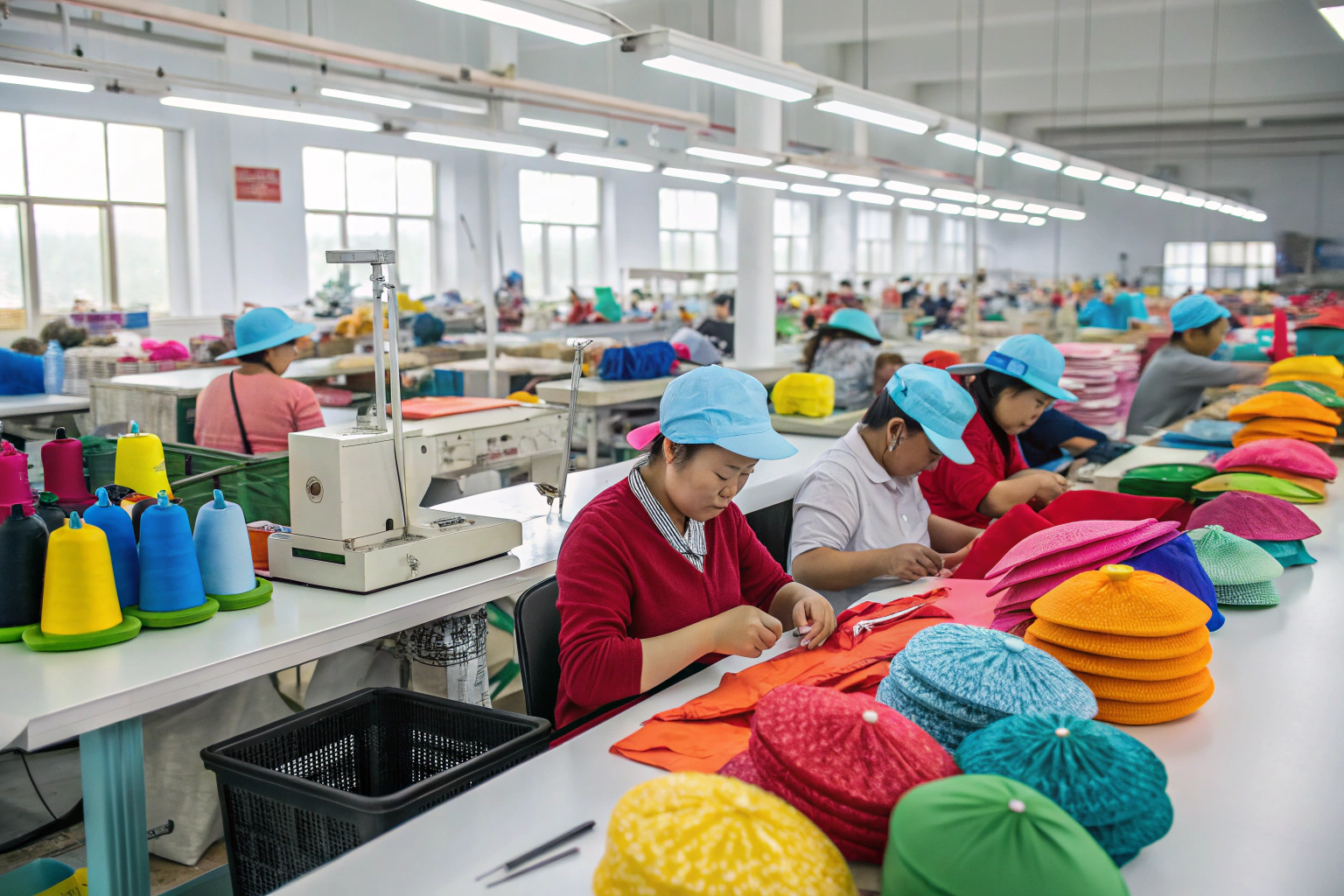When it comes to shipping fashion accessories to Saudi Arabia, I’ve learned that success is not just about producing beautiful products. It’s about understanding the regulations, the cultural expectations, and the bureaucratic procedures that stand between my factory floor in Zhejiang and a store shelf in Riyadh. Many exporters underestimate this journey. I used to think once my products passed quality control, they were ready for the customer. But the first time I tried to ship to Saudi Arabia, I realized I needed more than quality — I needed a roadmap through their import system.
As an experienced accessories manufacturer and exporter, I can tell you: knowing the Saudi regulations will save you time, money, and headaches. You must comply with product certification requirements, documentation rules, labeling standards, and customs procedures. Missing just one step can lead to delays or rejected shipments. I’ve made it my mission to ensure that every order we send is compliant from day one.
Saudi Arabia is a fast-growing market for accessories, but it has a detailed compliance framework. If you are planning to export hair accessories, hats, scarves, or other fashion items, this guide will walk you through the essentials. We’ll explore documentation, conformity certifications, duties, labeling, and prohibited items — all from the perspective of someone who has successfully navigated this path many times.
Required Documentation for Accessory Shipments to Saudi Arabia
The most important step in ensuring smooth customs clearance is getting your documentation right. When I first started shipping to Saudi Arabia, I underestimated how much detail their customs office expects. Every box, every invoice, every origin statement matters.
If you want your accessories to pass Saudi customs without delays, you need to prepare the correct documents and submit them through the official platforms ahead of time. Saudi Arabia’s customs authorities work closely with electronic clearance systems, which means any missing or incorrect data can trigger delays or even penalties.

What documents must be submitted before shipment?
From my experience, you will need:
- Commercial Invoice
- Packing List
- Bill of Lading or Airway Bill
- Certificate of Origin (often verified by your local Chamber of Commerce)
- Any applicable Conformity Certificates (more on that later)
These must be submitted through the Fasah platform at least 48 hours before your cargo arrives. The Saudi Arabia Business Center explains how these forms are used in customs clearance. I also recommend working with a local customs broker familiar with the Fasah system to avoid errors.
How can incomplete documentation delay your shipment?
I once had a shipment of summer hats held at Dammam port for three extra weeks because a minor translation mistake on the packing list didn’t match the Arabic import code. That delay cost my client both sales and reputation. The Export2Gulf guide explains why pre-arrival submissions are critical. Also, the Incorpyfy resource provides a checklist to prevent such mistakes.
Understanding SASO Certification and the Saber Platform
Saudi Arabia enforces strict quality standards for imported goods. As a manufacturer, I’ve learned that SASO certification is not optional for most regulated products, including many accessories. Without it, your shipment will not clear customs.
To comply, you need both the Product Certificate of Conformity (PCoC) and the Shipment Certificate of Conformity (SCoC), issued through the Saber platform before your goods leave port. These certificates verify your products meet Saudi technical standards.

What is the Saber platform and why is it important?
The Saber platform is an online system used to register products, apply for conformity certificates, and track approvals. According to Watheeq, registering your accessories here is mandatory for many items. Analytical Group details the recent updates to SASO rules, which now apply to more product categories.
Can unregulated accessories skip SASO certification?
Some fashion items may not require SASO approval if they are considered low-risk or unregulated. However, I always verify before shipping — the Incorpyfy blog has a helpful breakdown. Skipping this check can be a costly mistake if customs later classifies your product as regulated.
Customs Duties, VAT, and Cost Planning
Pricing for the Saudi market isn’t just about your production cost. Duties and taxes can significantly change the landed price of your accessories.
Saudi Arabia applies customs duties based on CIF value, plus a 15% VAT on most imports. This means you need to know your HS codes and calculate costs before quoting prices to your customers.

How are duties calculated for accessories?
Most accessories fall under the GCC common external tariff rate of 5%, but some categories can go as high as 25%. The ForwardMe shipping guide explains how different product codes affect your duty rate. For VAT, the Generis Online article confirms that 15% applies to most imports.
How can you manage these costs effectively?
I include estimated duties and VAT in my pricing strategy. This avoids surprises for my clients and keeps my quotes competitive. The Saudi Tax Authority page has official information on calculation methods. For complex shipments, I sometimes use an online customs duty calculator before finalizing orders.
Labeling Rules and Restricted Items
Labels are often overlooked, but in Saudi Arabia, they are part of compliance. I’ve seen shipments rejected just because the labels didn’t meet Arabic language requirements.
All consumer goods, including accessories, must have Arabic labels that clearly state product details. These can include manufacturing dates, materials, care instructions, and in some cases, expiry dates.

What are the key labeling requirements?
According to Incorpyfy, Arabic labeling must be clear, permanent, and accurate. The Watheeq import guide emphasizes including essential consumer information.
What products are restricted or prohibited?
Saudi Arabia bans certain items entirely, such as alcohol, pork products, and religious materials unrelated to Islam. The ForwardMe restrictions list is a good reference. I always verify my product list with customs before shipping to avoid accidental inclusion of prohibited items.
Conclusion
Shipping accessories to Saudi Arabia can be a highly rewarding business if you master the regulations. From my own experience at AceAccessory, every successful delivery starts long before the container leaves Zhejiang. It begins with knowing the documentation rules, securing SASO certification, calculating duties, and meeting labeling requirements.
If you are ready to bring your products into the Saudi market, my team and I can guide you through the process and produce high-quality accessories tailored to your needs. For partnership inquiries, please contact our Business Director, Elaine, at elaine@fumaoclothing.com.

